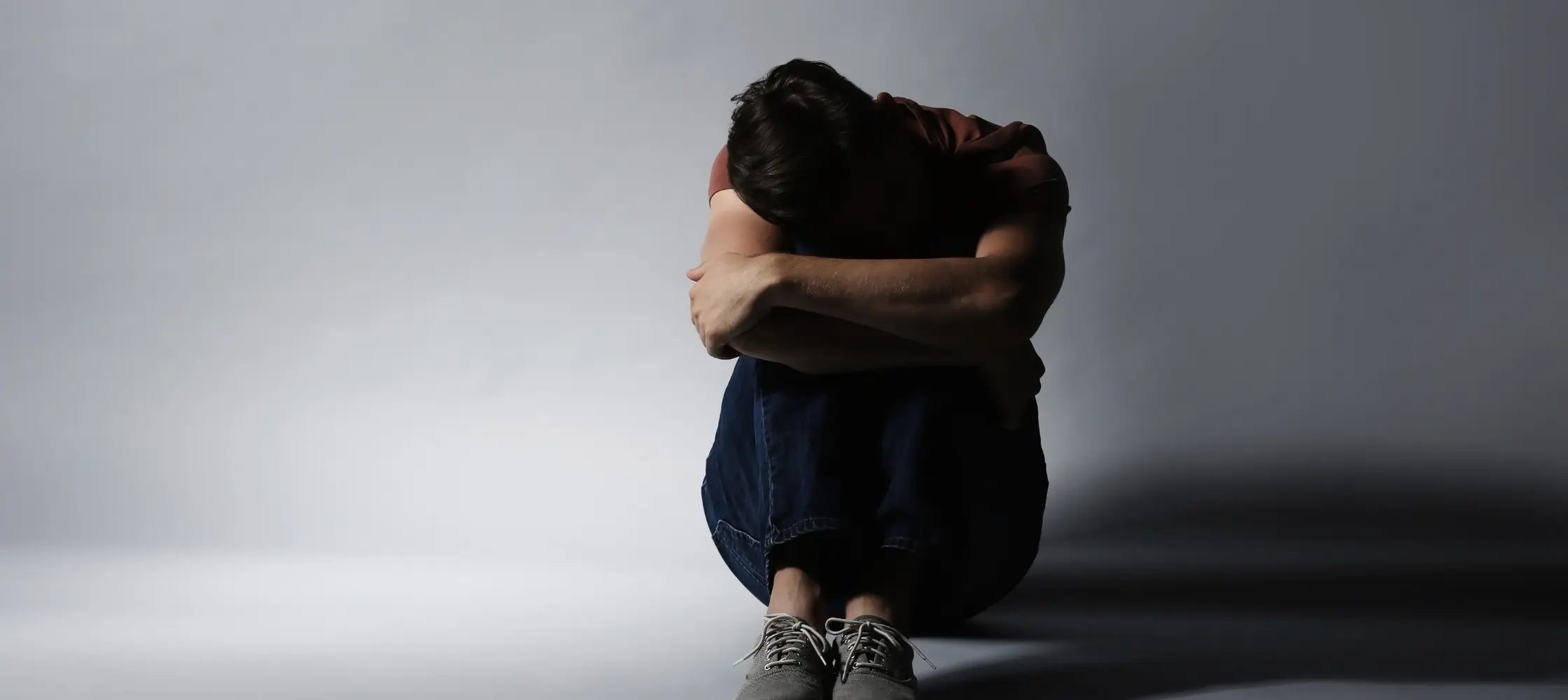
Recent data presented in the Rajya Sabha has shed light on a concerning trend plaguing India's top professional colleges. The rising number of student suicides and college dropouts in premier institutes such as IITs, NITs, AIIMS, and IIMs highlights the immense pressure and competitiveness students face. The grim fact that 69 students took their own lives in the past five years is a distressing wake-up call for both parents and institutions. As the country's future leaders, it is imperative to address this issue with utmost urgency.
Academic Pressure and Mental Health Challenges:
Underscoring the pressure on students, the academic rigor in these prestigious institutions is notorious. Students strive to excel in challenging courses, often compromising their mental well-being in the process. The constant fear of failure, coupled with the immense expectations from parents and society, creates a stressful environment.
Experts have pointed out the reluctance of students to confide in their parents about their academic struggles. In a society that highly values academic success, students fear disappointing their parents, who have often made significant sacrifices for their education. Unfortunately, this reluctance to communicate only exacerbates the mental health crisis among students, leaving them to battle their anxieties alone.
The data also reveals that student suicides are not limited to any particular category. Both students from reserved and general categories are equally affected by stress. This indicates that while caste-based discrimination might play a role, it is only a partial truth. The underlying causes of academic pressure, competition, and mental health issues are prevalent across the board.
The high number of students opting out of their courses further compounds the issue. From 2018 to 2022, a staggering 8,319 students did not complete their courses in IITs, while 5,623 students chose to leave NITs. This trend raises questions about the suitability of the education system and the expectations placed on young minds.
Parents play a crucial role in shaping their children's future, and the onus lies on them to guide and support their wards in making career choices. Rather than pressuring students into fields they may not have genuine interest in, parents should encourage their children to pursue their passions instead. A nurturing environment where children feel supported in their aspirations can significantly reduce stress levels and improve mental health.
Colleges and universities must take proactive measures to address the mental health crisis and high dropout rates. Implementing comprehensive mental health programs, establishing counseling services, and creating a supportive ecosystem can go a long way in fostering a positive learning environment.
Additionally, institutions should explore a more holistic approach to education that includes not only academic excellence but also emotional intelligence, creativity, and individuality. By acknowledging the diversity of talents and passions among students, colleges can help them thrive in their chosen fields and reduce the pressure to conform to conventional career paths.
The alarming statistics of student suicides and college dropouts demand immediate action from all stakeholders - parents, institutions, and society at large. Addressing mental health challenges, academic pressure, and unrealistic expectations is crucial for nurturing a generation of talented, well-rounded individuals who can contribute meaningfully to society.
As a nation, we must collectively acknowledge the toll that the current education system is taking on our youth and strive to create a more empathetic and supportive environment. Only by doing so can we ensure that our country's future leaders reach their full potential without sacrificing their well-being in the process.
Your email address will not be published. Required fields are marked *
29 Jan, 2024
29 Jan, 2024
29 Jan, 2024
25 Jan, 2024